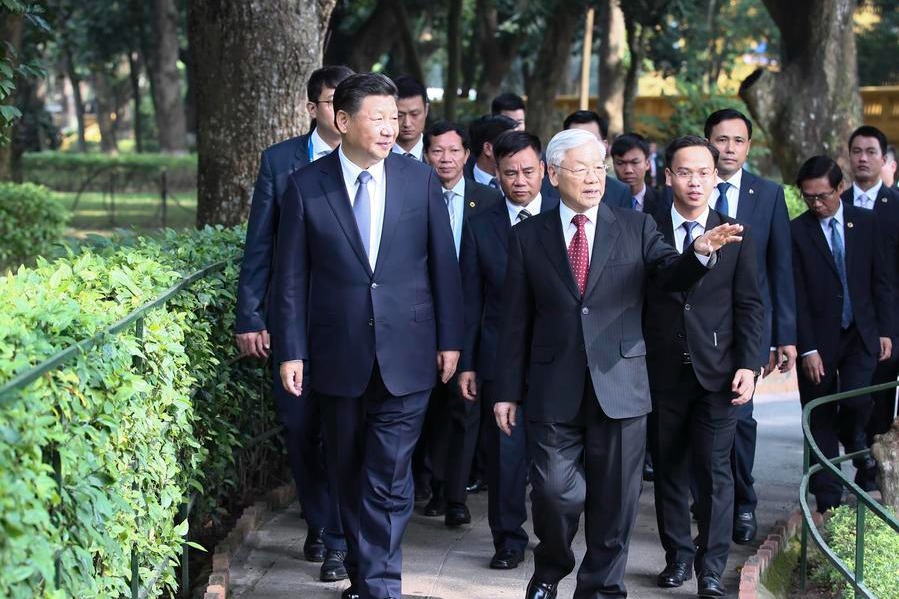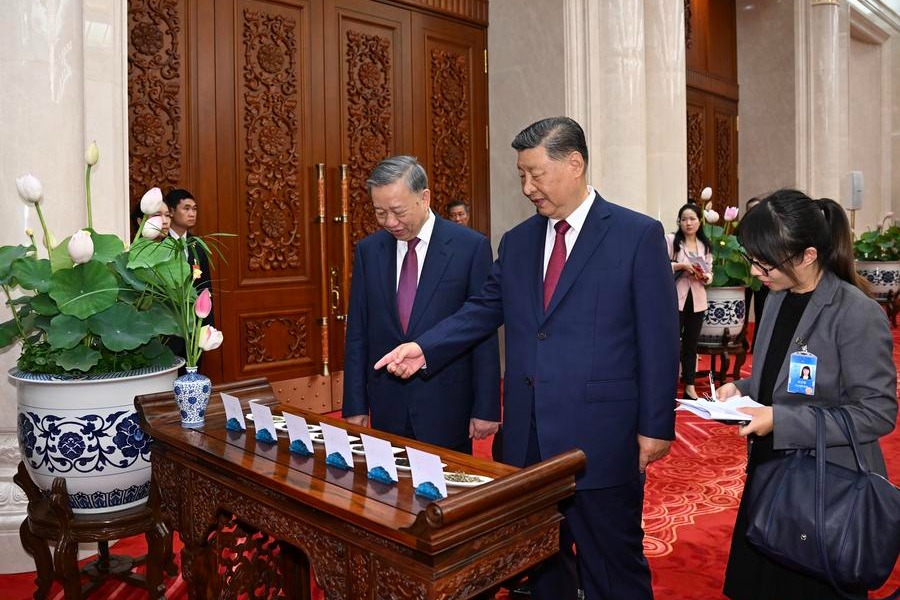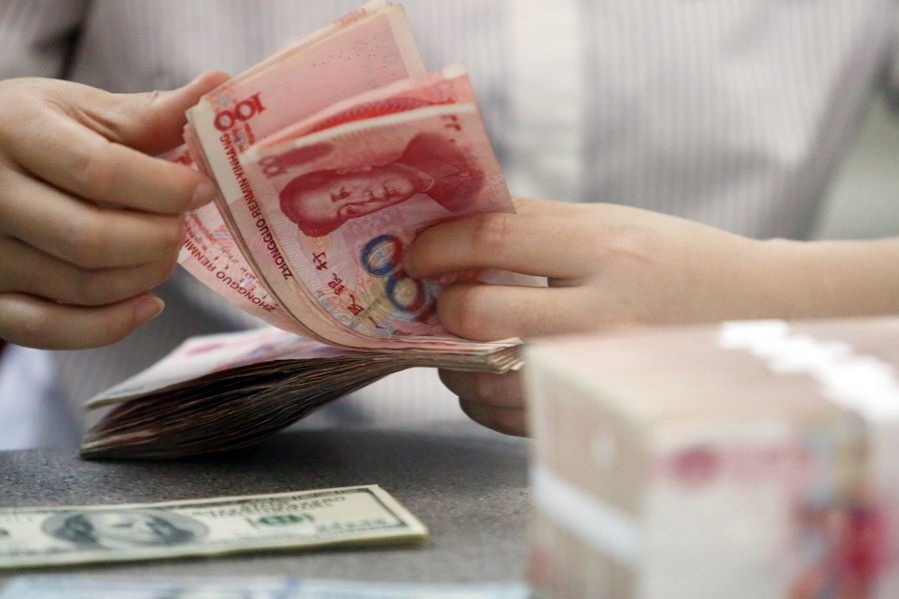IPR can only come with taking care of all sides' interests


Go to China 15 years ago and you would have found pirated DVDs, often of US films, being sold. Today this is not the case. This is because the enforcement of consumer intellectual property rights (IPR) laws were stepped up and DVDs eventually became old technology.
One could argue that lax enforcement of IPR laws was immoral, even stealing. However, looking at the conditions of the Chinese consumer in 2004, counterfeiting was understandable.
For instance, I knew many people who earned less than 1,000 yuan ($152) a month, yet the cost of a legal DVD was 40-100 yuan compared to 5-8 yuan for a counterfeit one. Consequently, one could argue that the exorbitant prices charged by the entertainment industry represented the real theft.
With the development of the internet, peer-to-peer sharing sites led to further piracy. However, the entertainment industry didn't collapse: it innovated.
Now companies like Youku and Netflix offer access to a plethora of films and programs at a convenience that makes searching for counterfeit online films only viable for poorer citizens. For instance, in the UK, with an average wage of 1,950 euros ($2,356) per month, a monthly subscription to Netflix, which gives you access to unlimited films, costs 5.99 euros ($7.24) which is about 48 yuan.
The above example, of IPR infringement taking place in everyday life, shows that IPR must be more than simply about capital dictating IPR laws based on its own subjective concept of fairness. IPR law has to work for the good of all, based on real market and social conditions, where technological innovation makes following IPR convenient.
Furthermore, IPR must be a tool primarily for driving technological development for the benefit of society at large and not just for naked profiteering while the rich demonize the poor.
The US has often bashed China for not adequately protecting IPR. The IP Commission's Report in 2017 claimed that IPR theft costs the US more than $225 billion a year. This has led the US to demand tougher IP protection.
However, for IPR protection to work in the developing world, developing countries must be allowed to develop and catch up technologically so that they can break out of technological subjugation. Here they pay exorbitant fees for the use of foreign technology.
With developed technology, they can innovate which, in turn, will lead to incentives to protect IPR. Paradoxically, many countries in the developing world can only catch up if they master certain elements of advanced technology they are unable to afford through homegrown development.
When it comes to China, there have been complaints about theft. China's previous laws required outside businesses to team up with local partners and share technology for entering the Chinese market.
However, today, with the enrichment of China's society and its technological base, which has driven China's economic boom, Chinese citizens seek branded goods and are able to purchase advanced technology. Likewise, China, as a whole, demands more advanced goods to feed its growth.
According to their latest financial reports published online, Alstom, Siemens, Bombardier and Kawasaki are still deeply engaged in the Chinese market. Siemens in fact has reported decreasing profits in all its markets in 2020 except for China. As such, they have clearly benefited from their access to China's market.
Alongside the development of China's technological base and innovative capacities, there is a need to adapt laws to reflect changing social-economic realities. Calls for IP protection come not just from foreign businesses but Chinese businesses too who increasingly switch their outlook from "Made in China" to "Created in China."
Already China's new Foreign Investment Law implemented in January this year outlaws forced technology transfer and provides further protection for IPR. For example, infringing on IP can lead to a penalty of 5 million yuan ($763,000).
No doubt there is more to come. With China's upcoming Five-Year Plan (2021-2025) focusing on high-tech innovation, the question of protecting IPR will become increasingly important. However, whatever IPR measures are taken they will only be successful if they work for the whole society.
Keith Lamb is a graduate from the University of Glasgow, Staffordshire University and the University of Oxford. His primary research interests are the international relations of China, neoliberalism and China's "socialism with Chinese characteristics."
































